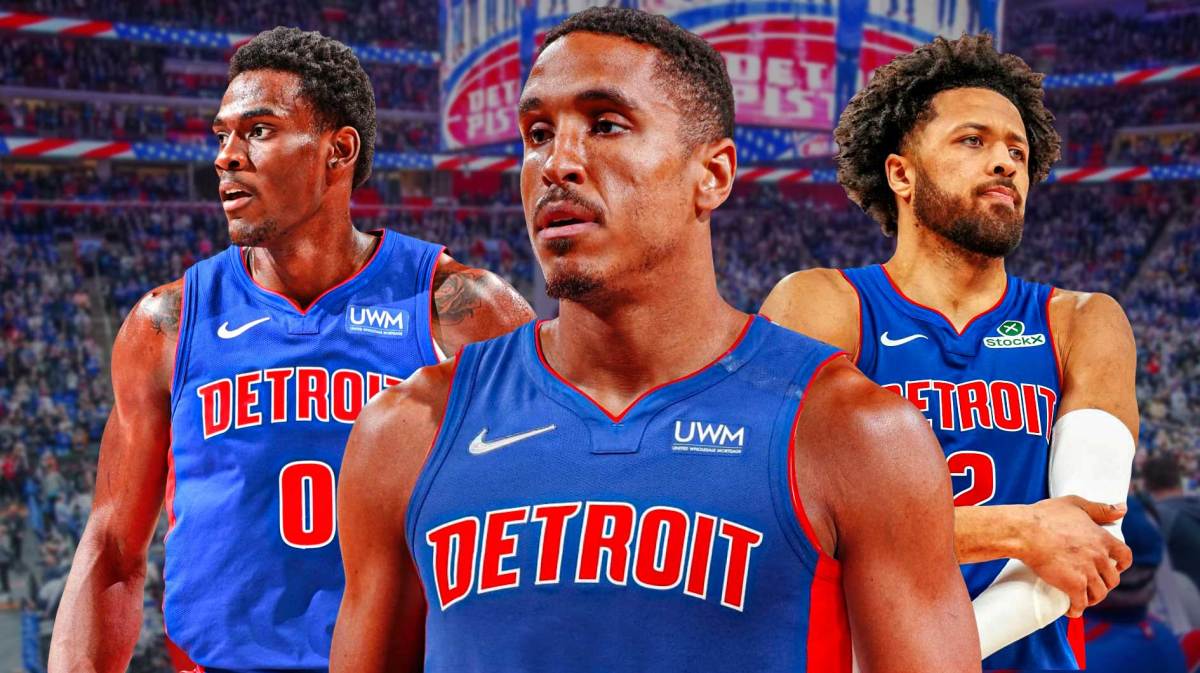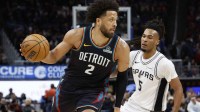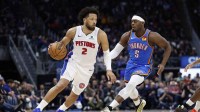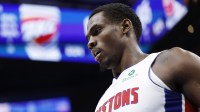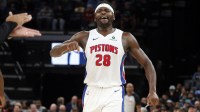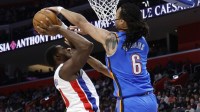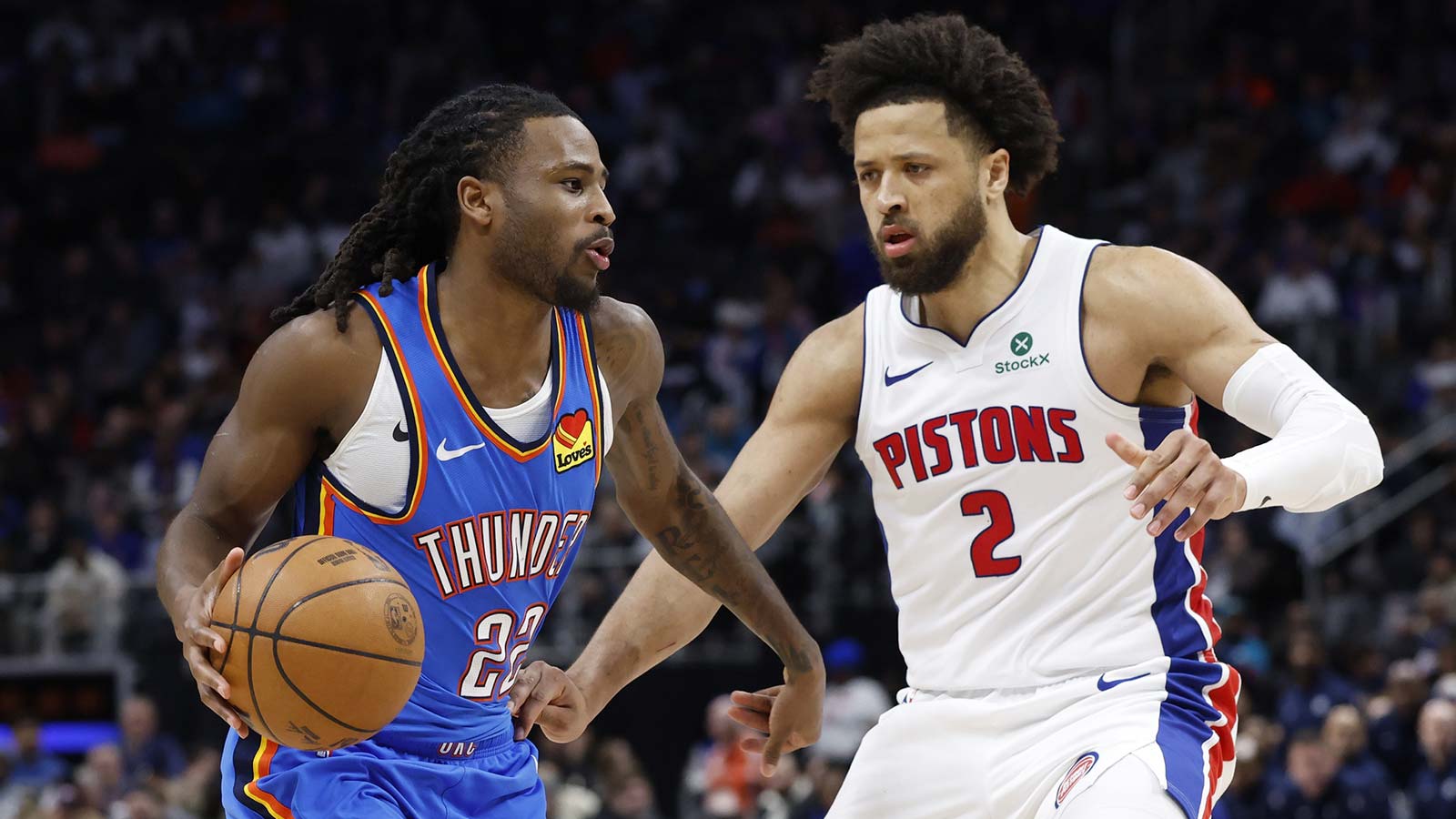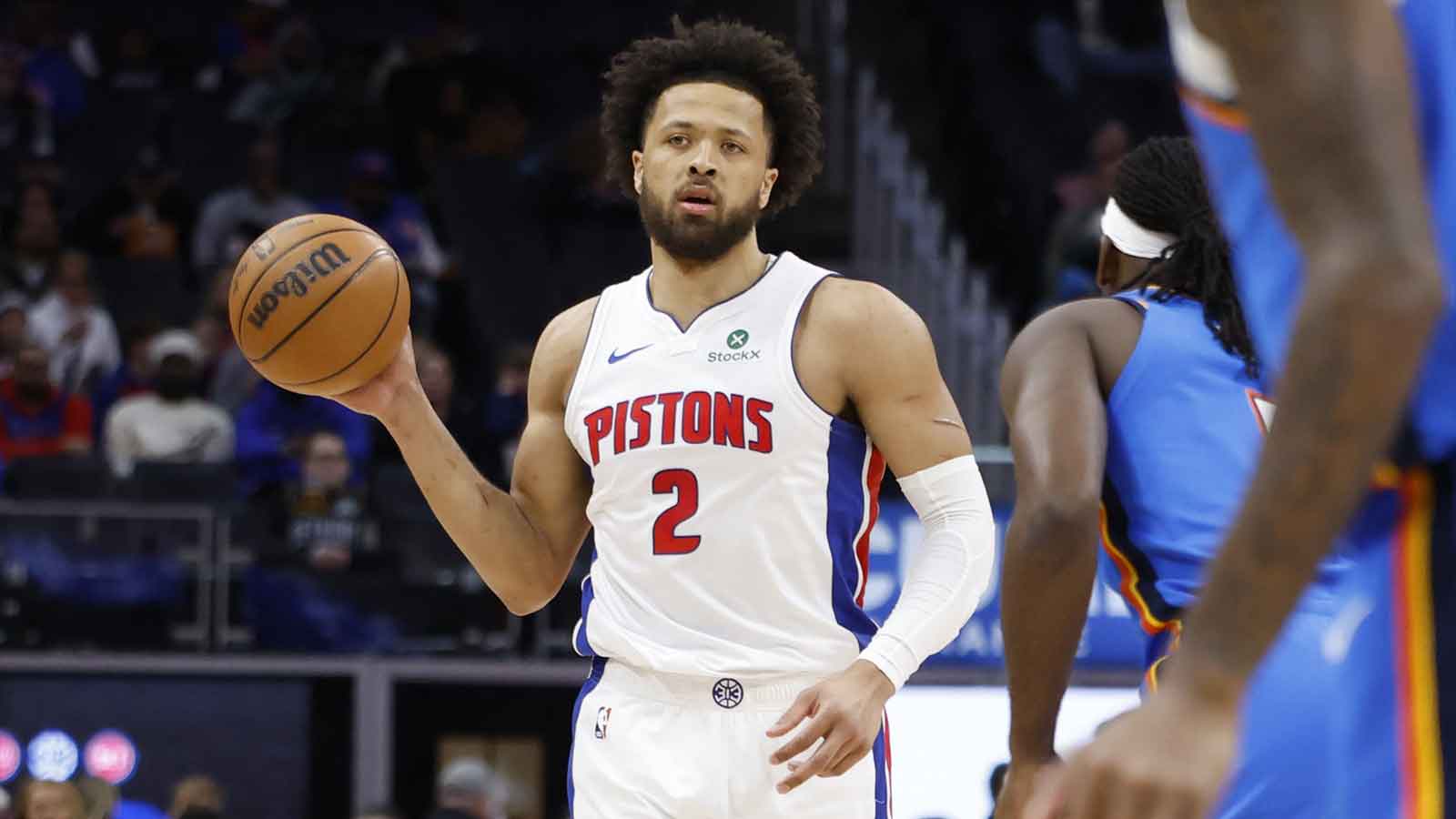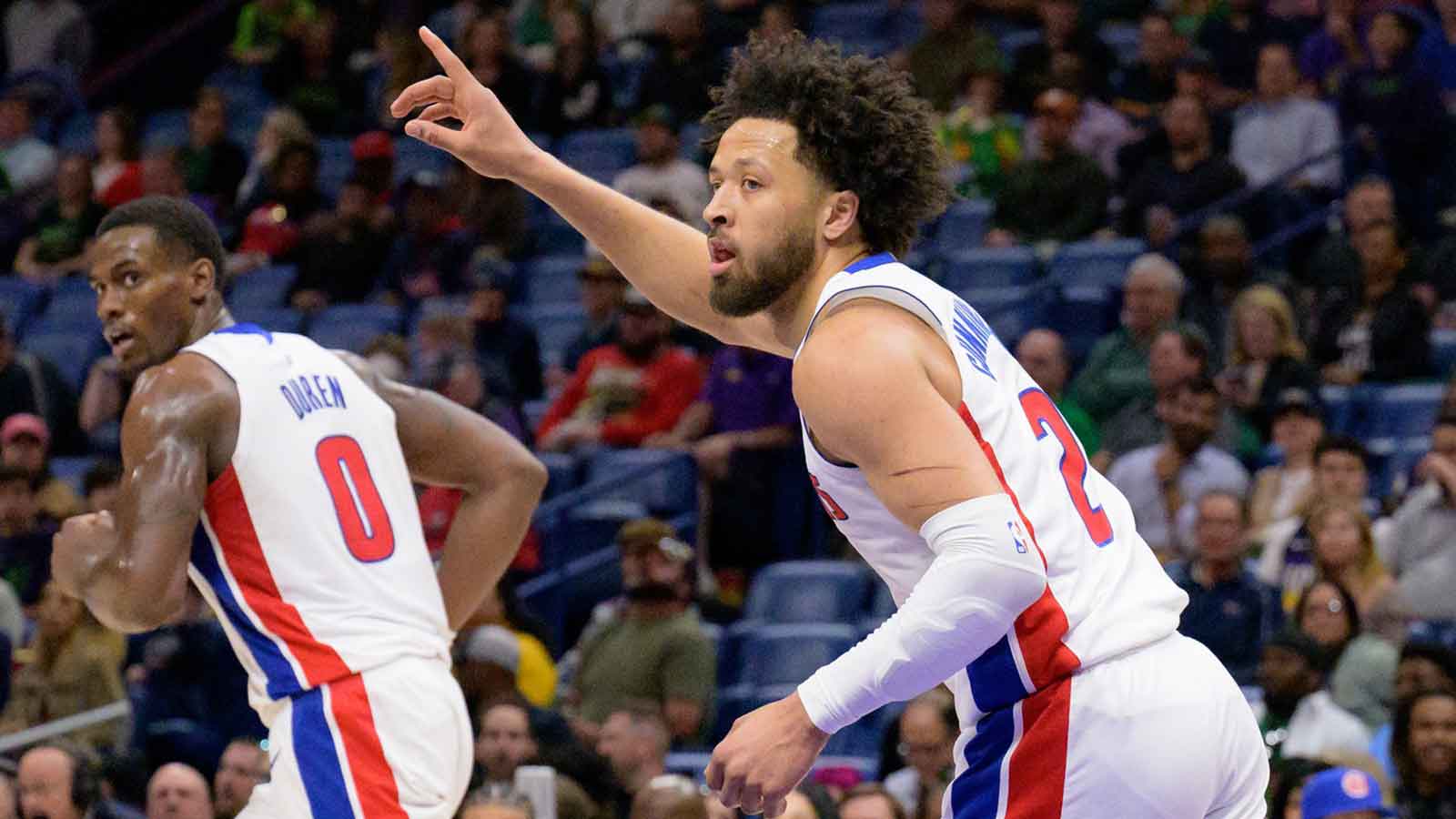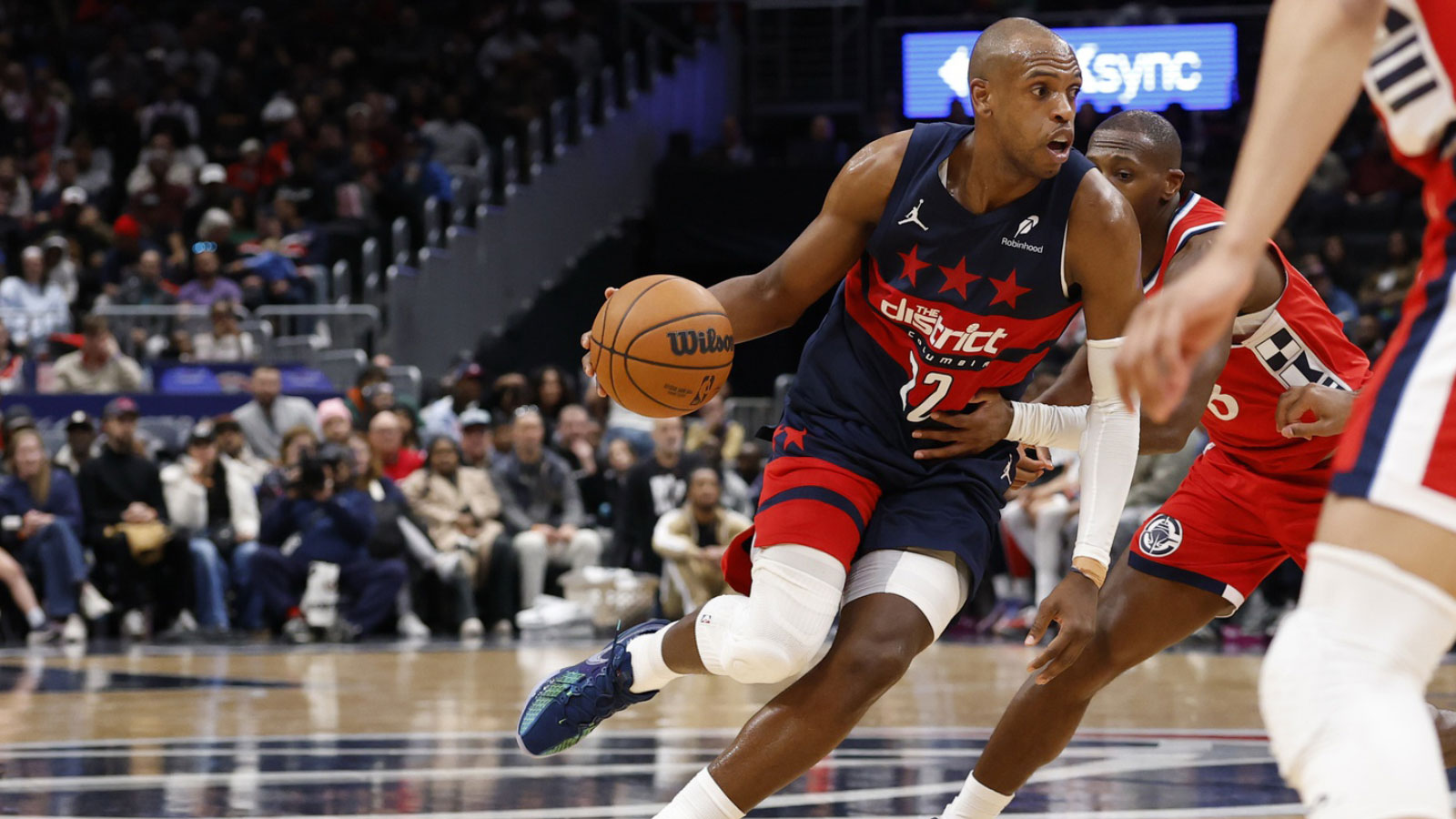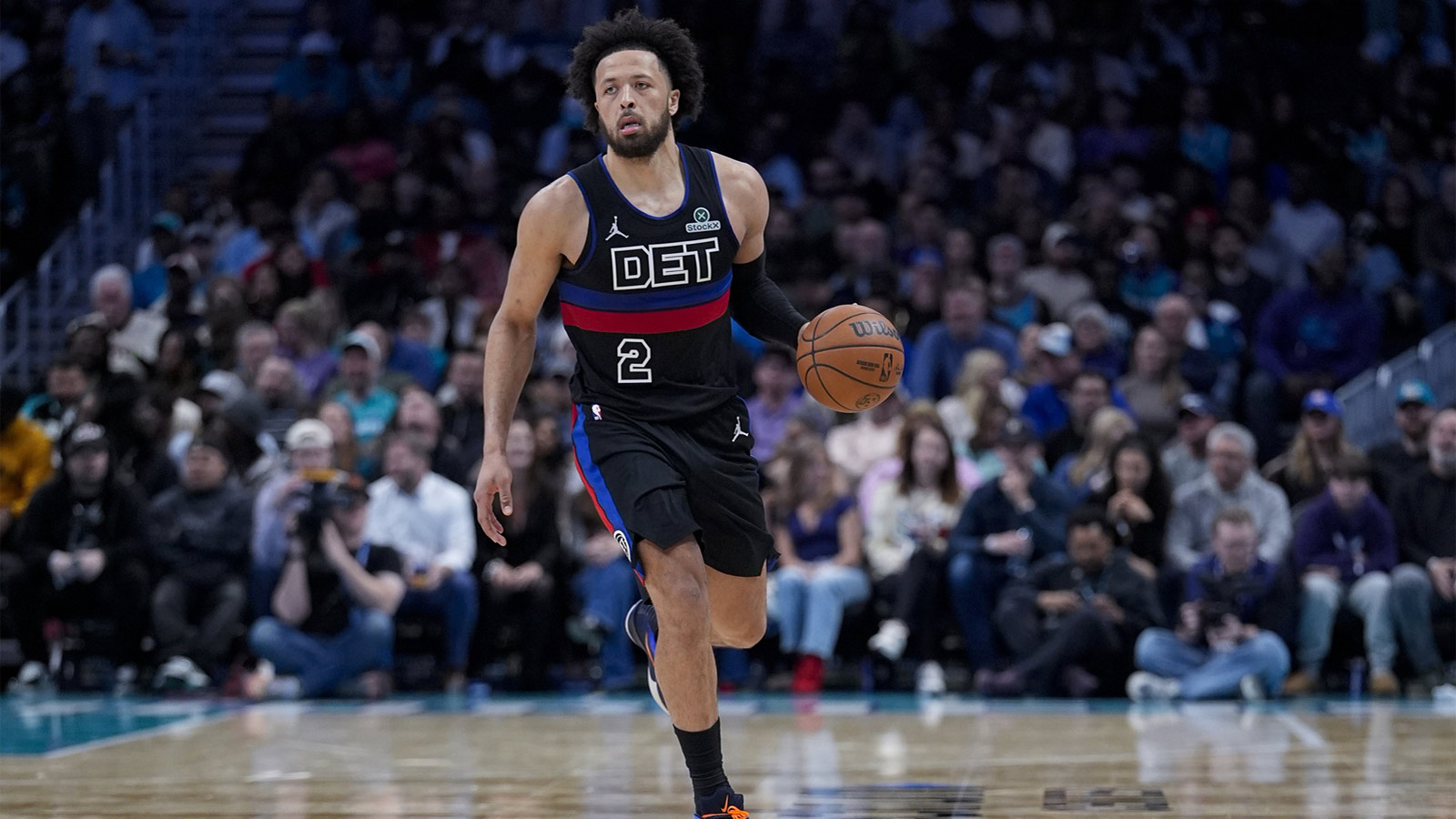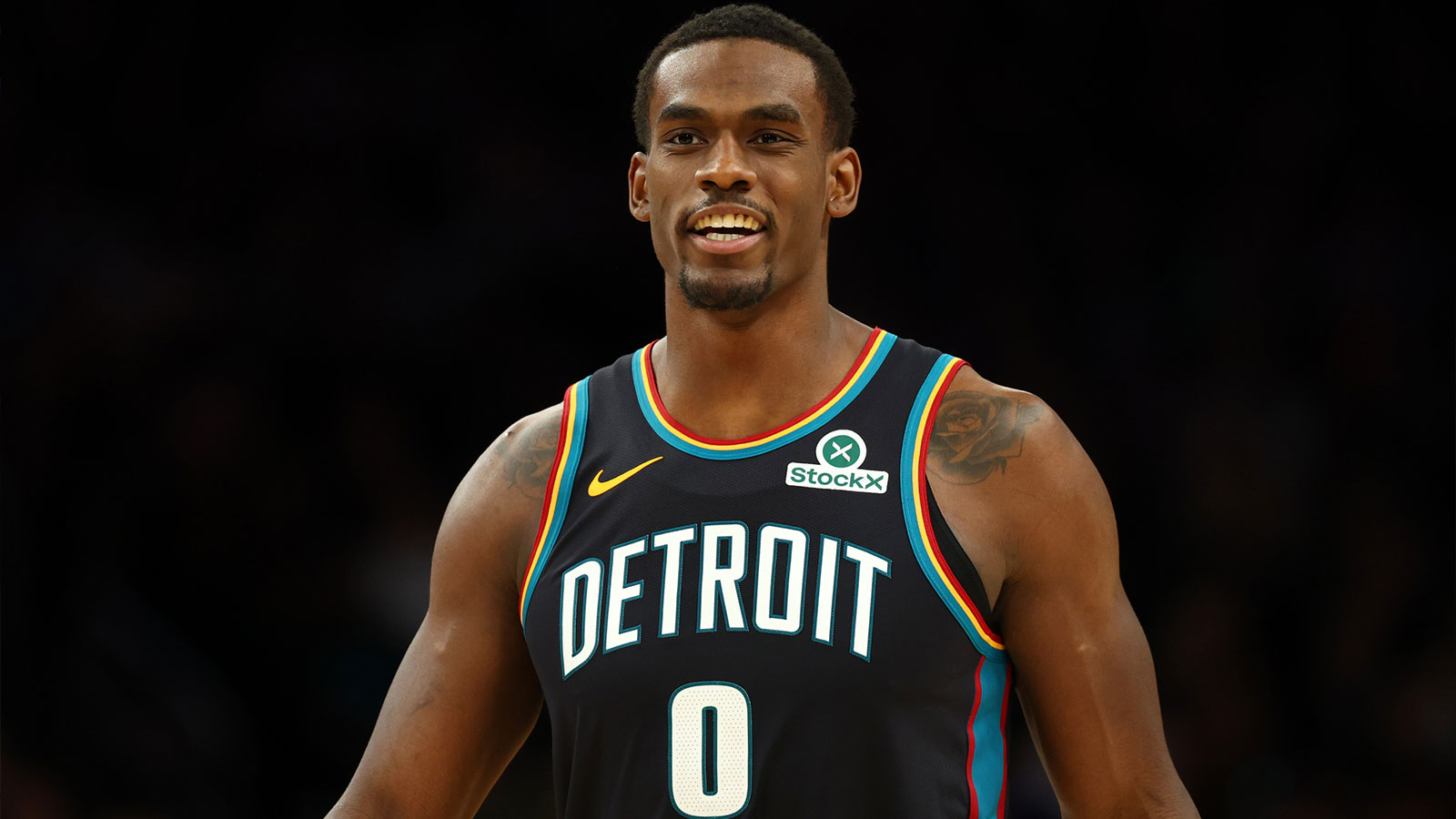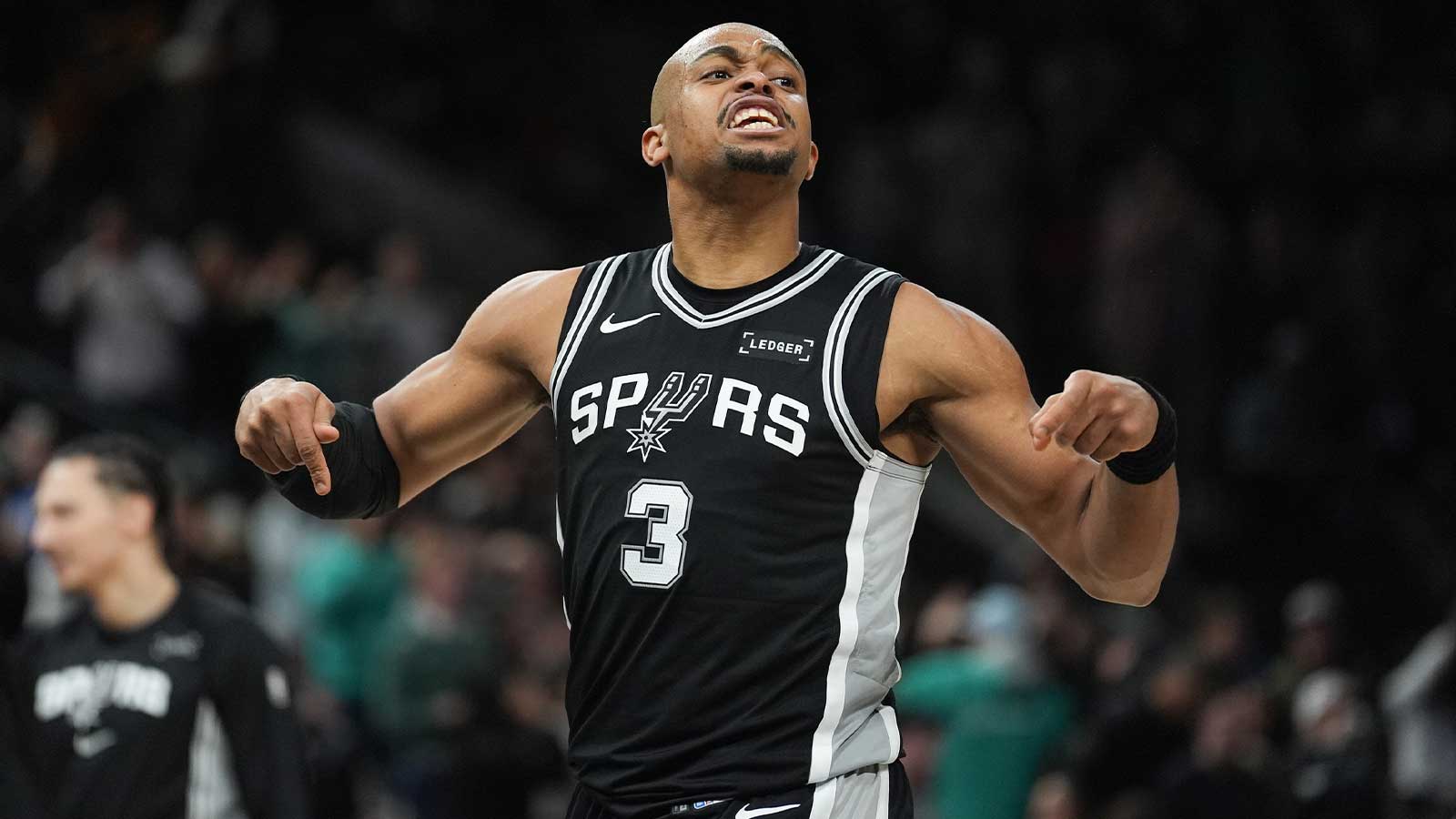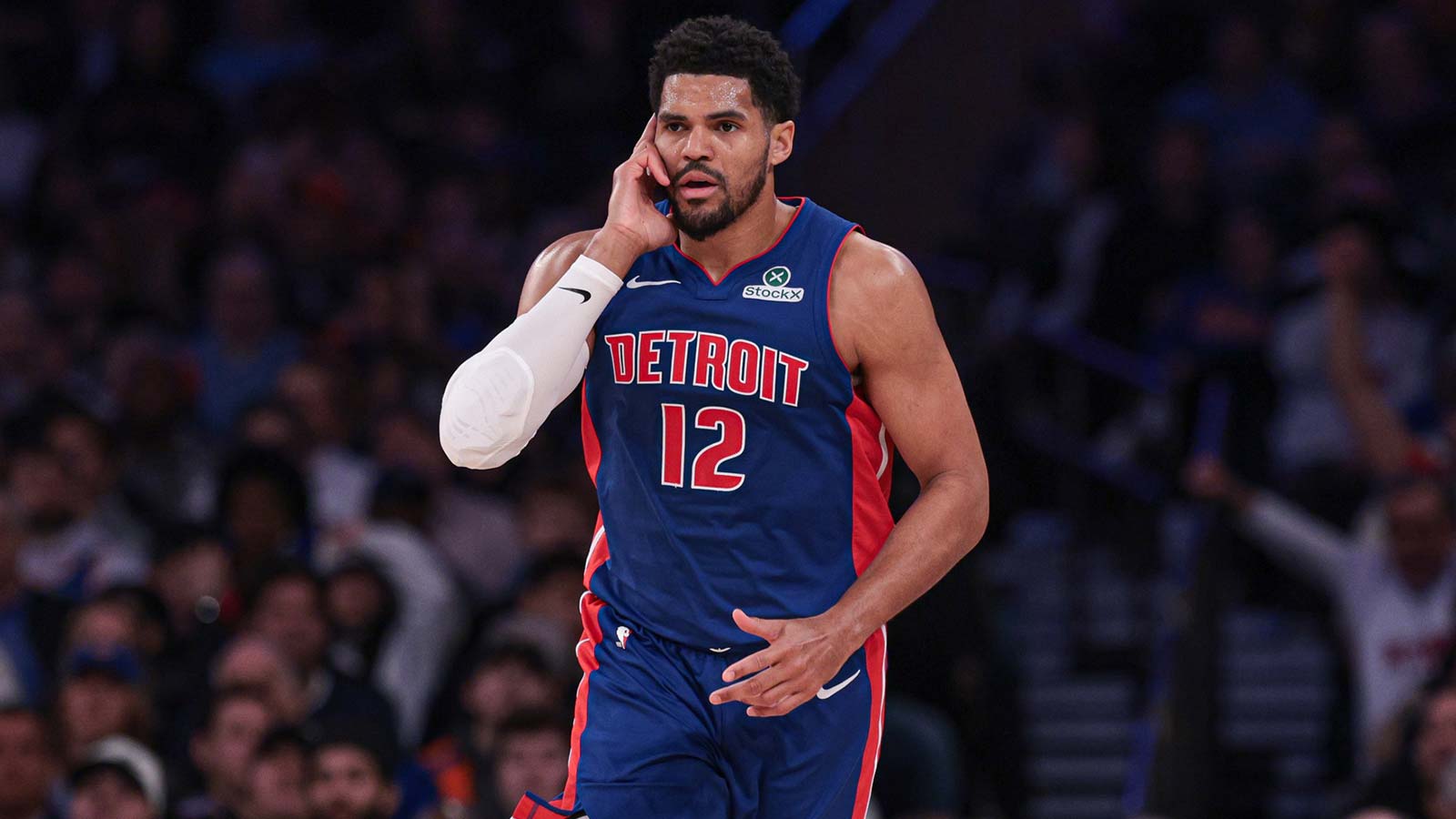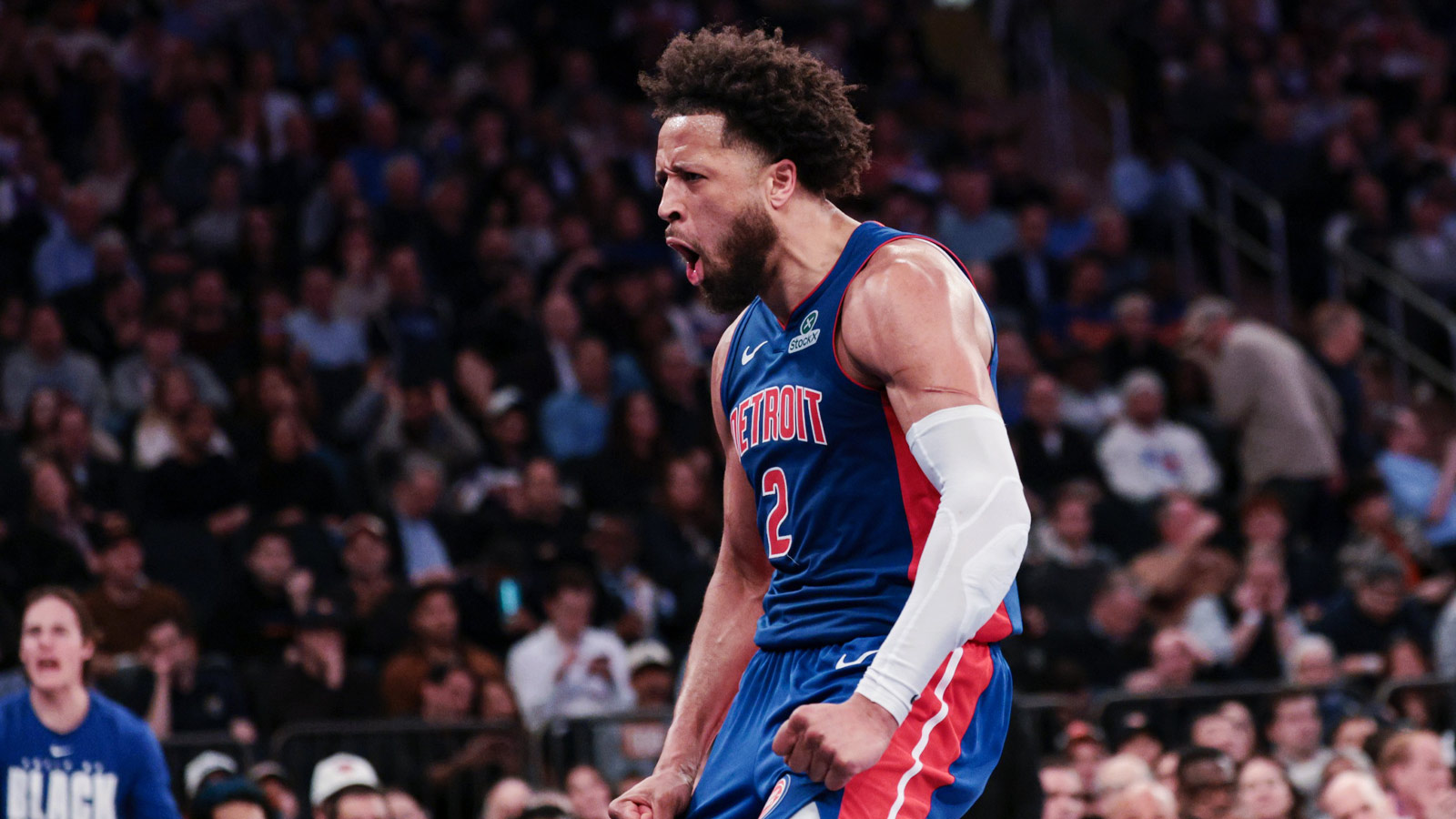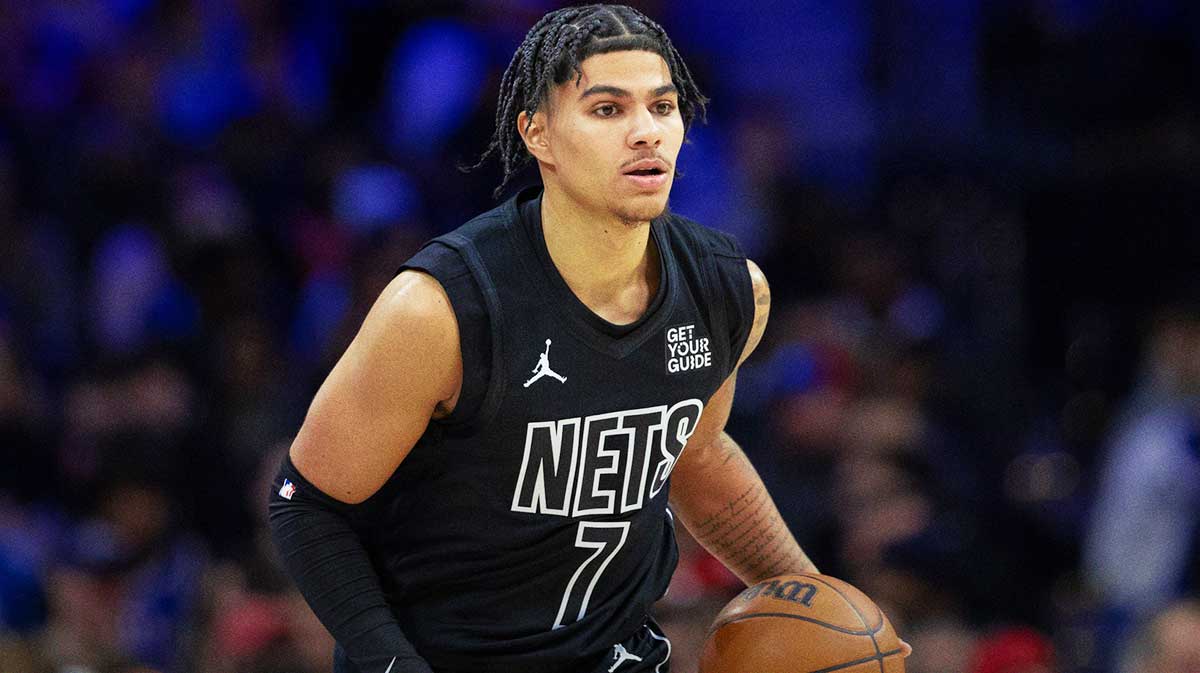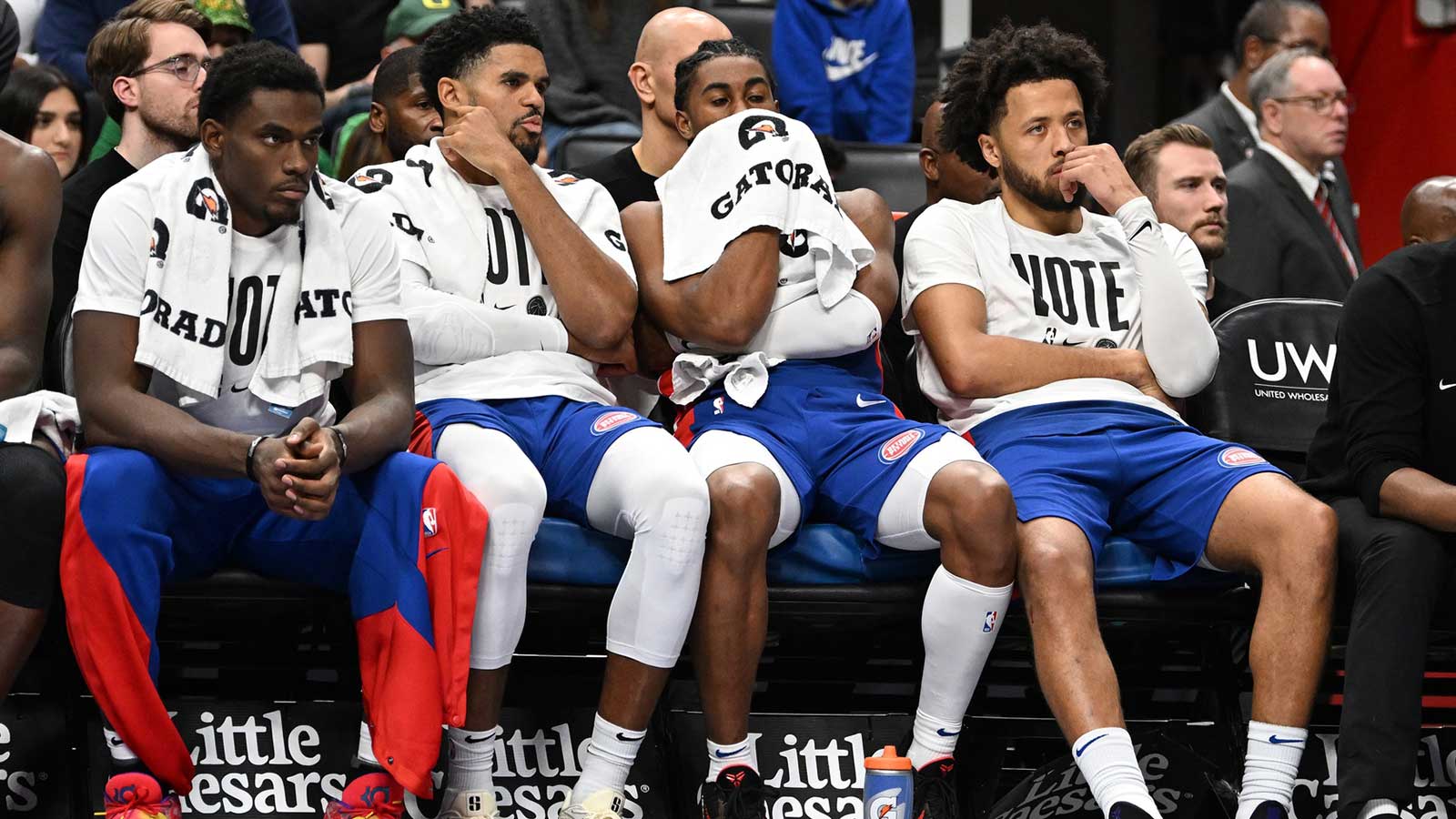After a 2024-25 NBA season that saw the Detroit Pistons triple their win total and push the New York Knicks in a riveting first-round postseason battle, it’s clear the Motor City is waking up to a new basketball era. Ambition is surging through the franchise and its rejuvenated fanbase. However, there are tough questions about how close the Pistons truly are to returning to Eastern Conference contention. The 2025 offseason is a proving ground and an opportunity for Detroit’s front office to pair its promising young core with the kind of smart, veteran additions that sharpen a team’s identity. Patience may be the byword, but is standing pat the right call?
Subtle Shifts: The Pistons’ Offseason So Far
Detroit’s front office maintained its disciplined philosophy throughout the summer. They chose not to sacrifice the future for immediate gains despite the excitement generated by last season’s playoff run. Their first significant move was a sign-and-trade deal for Duncan Robinson. He signed a three-year, $48 million contract to provide a reliable long-range shooting presence. That potentially fills the gap left by Malik Beasley, whose status is uncertain due to an ongoing federal gambling investigation. Robinson’s consistent track record of making at least 185 three-pointers over five seasons offers Detroit immediate perimeter stability.
In the backcourt, Caris LeVert joined as a seasoned replacement for Dennis Schroder and Tim Hardaway Jr. Both left during the offseason, with Hardaway signing a minimum contract with the Denver Nuggets. LeVert’s two-year deal worth nearly $29 million signals Detroit’s trust in his steady play and defensive skills.
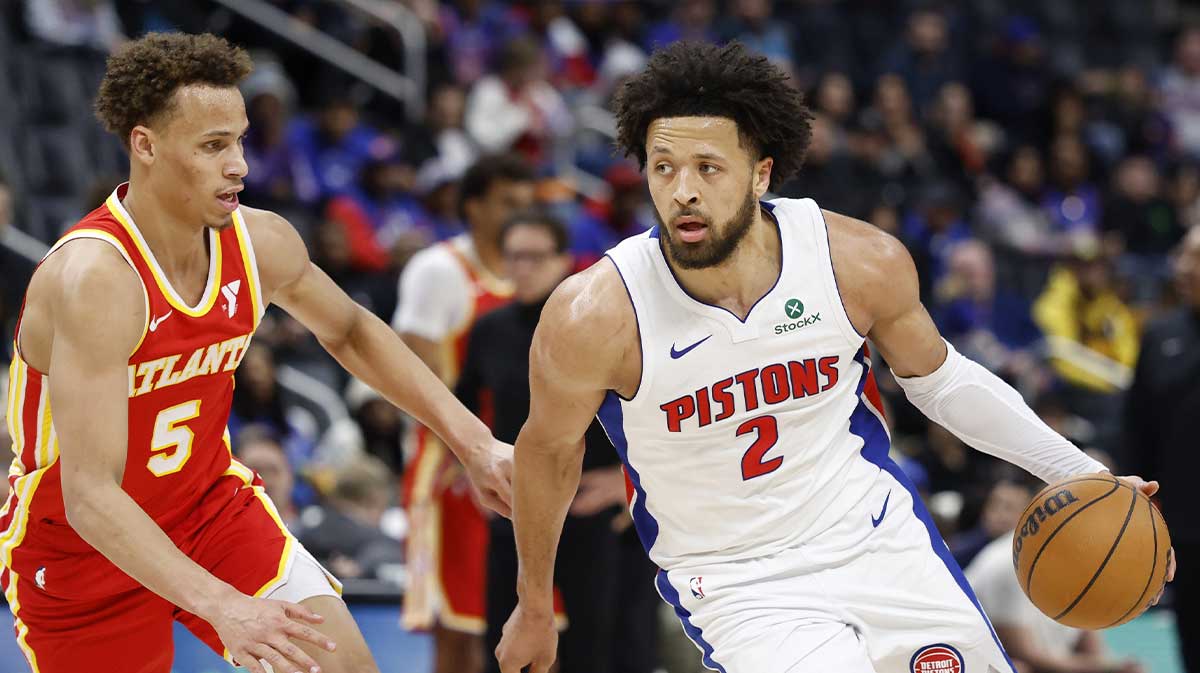
Growth from Within
Despite these roster tweaks, the heart of Detroit’s growth is expected to come from within. They are hoping to see Jaden Ivey’s expected progression, Ausar Thompson’s defensive development, Jalen Duren’s physical maturation, and rookie Ron Holland II’s potential breakout. Although fans hoped for bolder moves after last year’s success, the front office has remained cautious. They even delayed contract extensions for both Ivey and Duren, indicating a desire for more evidence before making long-term commitments.
Still, despite increased depth, a key concern remains: point guard depth. Marcus Sasser has shown promise but remains inconsistent. Rumors suggest Ivey may take on some of the backup point guard duties. Nevertheless, beyond Cade Cunningham, Detroit lacks sufficient playmaking options. That's a limitation that could cap the team’s growth this season.
Here we will look at and discuss the perfect move that the Detroit Pistons must still make in the 2025 NBA offseason.
The Case for Malcolm Brogdon
With Chris Paul apparently setting his sights elsewhere and the Pistons’ young guards not quite ready for prime time, Malcolm Brogdon emerges as a pragmatic, high-yield fix.
Throughout his nine-year NBA career, Brogdon has cemented his status as one of the league’s steadiest point guards. He peaked at 21.2 points per game in the 2020-21 season and has never averaged below double-figures in scoring. As a playmaker, his 4.7 assists per contest showcase his ability to organize offense without dominating the ball. Sure, he is not a headline-grabber. However, Brogdon’s calm under pressure, commitment to both ends, and high basketball IQ make him the kind of piece that thriving playoff teams quietly rely upon.
Still Unsigned
Admittedly, there are reasons why Brogdon remains unsigned this deep into the offseason. A torn thumb ligament sidelined him in October. That limited him to just 24 games for the Wizards last season. Even when healthy, he produced a career-low 28.6 percent from deep and ended up missing the final 28 games with a lingering ankle sprain. That said, this narrative misses the context: even with these setbacks, Brogdon remained an effective floor general and invaluable mentor for Washington’s young guards. Washington, looking to grow its own backcourt prospects, has moved on, but that opens a door for Detroit.
What the Pistons would offer Brogdon is both less and more. Less responsibility, since he likely slots in at the very end of head coach JB Bickerstaff’s rotation. More impact, since he will have the chance to be a swing veteran who can stabilize a game, anchor the second unit, guide young guards, and, when called upon, steady the offense in close contests. In today’s NBA, adding a healthy Brogdon on a minimum contract is a low-risk, high-upside move for Detroit.
Flexibility, Stability, and Insurance
A Brogdon signing would ripple through Detroit’s rotation. Sasser could still earn a larger role this fall. However, if his adjustment to full-time backup point guard falters, the Pistons would not be forced to push Ivey or LeVert into uncomfortable playmaking roles. If, instead, Ivey shifts to a high-usage bench scorer, Sasser could work off the ball. That would leave Brogdon to quarterback the second unit and mentor the locker room.
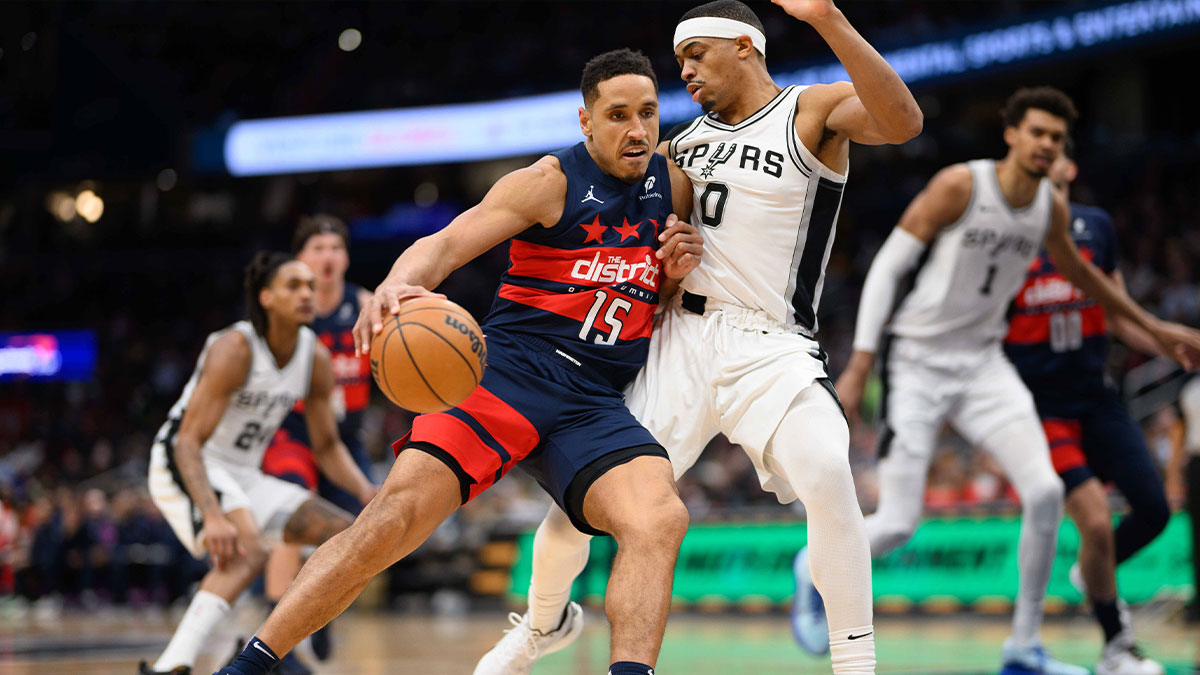
Don’t underestimate the value of such flexibility. Injuries, fatigue, and slumps are givens in an NBA season. Brogdon’s presence not only covers foreseeable gaps but fortifies a young team itching to prove last year was no fluke.
Why This Is the Perfect Move
Some will argue that Detroit’s window is not open wide enough to make a bigger gamble. Still, the right veteran moves, especially at the right price, are how good teams make the jump from youthful surprise to perennial playoff lock. Brogdon embodies everything this franchise is seeking: intelligence, reliability, and the kind of unselfish maturity that can bring out the best in the Pistons’ next generation.
A minimum contract to Brogdon won’t make banner headlines, but it’s exactly the sort of undervalued addition that could tilt Detroit’s season from “hopeful” to “arrived.”

